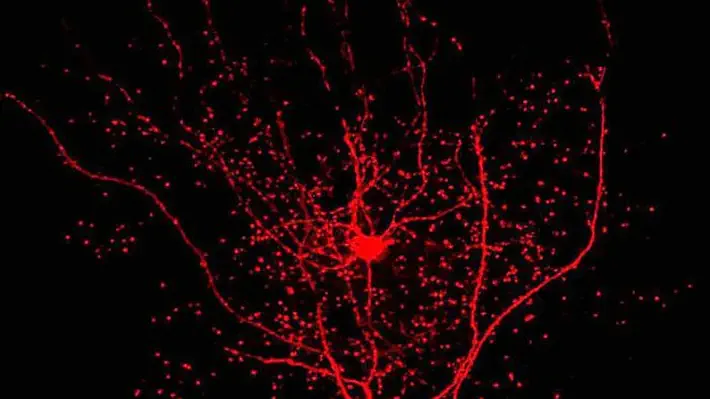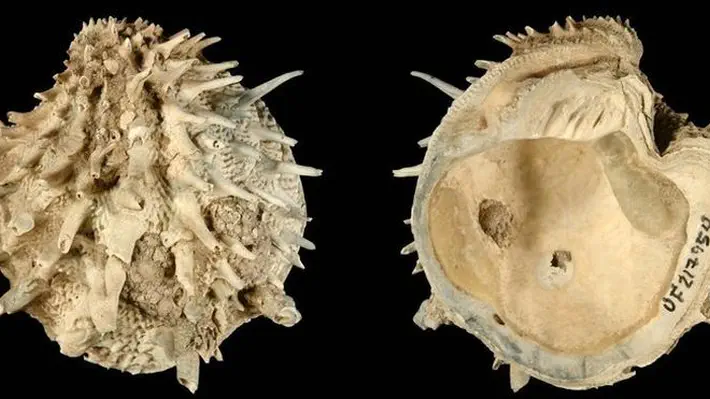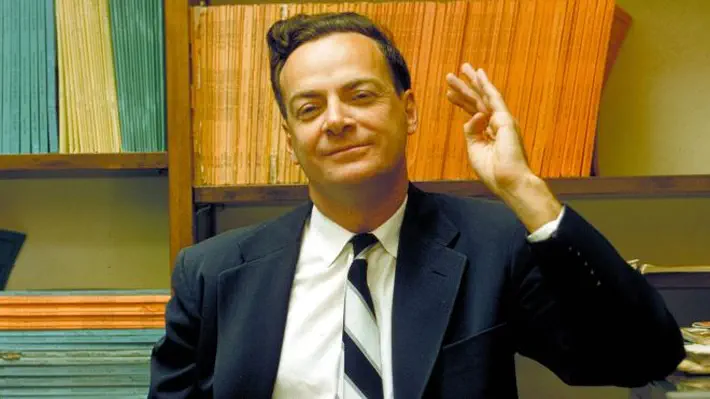 NPR
NPRTell Me, Wave, Where Did You Come From? Who Made You?
Richard Feynman, one of the greatest science teachers ever, asks a wave to tell him a story.
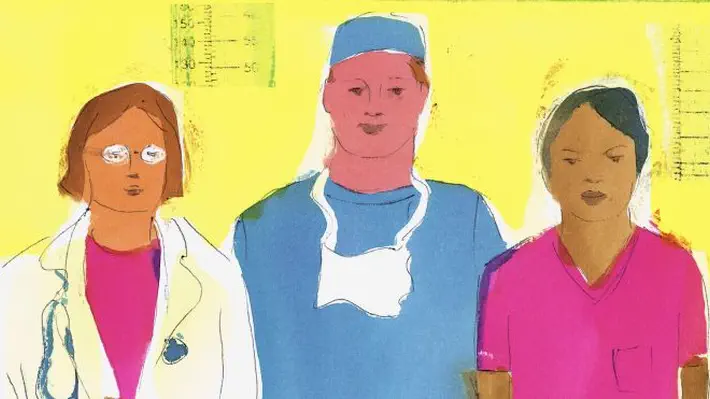 NPR
NPRPatients Cared For By Female Doctors Fare Better Than Those Treated By Men
In a study that is sure to rile male doctors, Harvard researchers have found that female doctors who care for elderly hospitalized patients get better results. Patients cared for by women were less likely to die or return to the hospital after discharge.
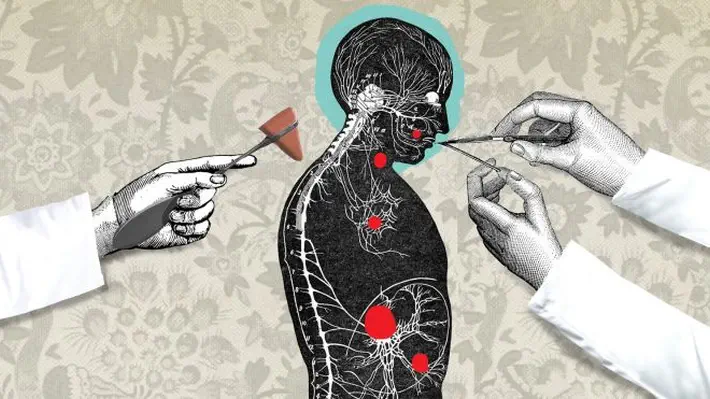 NPR
NPRCould Depression Be Caused By An Infection?
Infection and autoimmune activity result in inflammation. And psychiatric researchers now suspect that inflammation may play a role in some cases of depression and other mental illnesses.
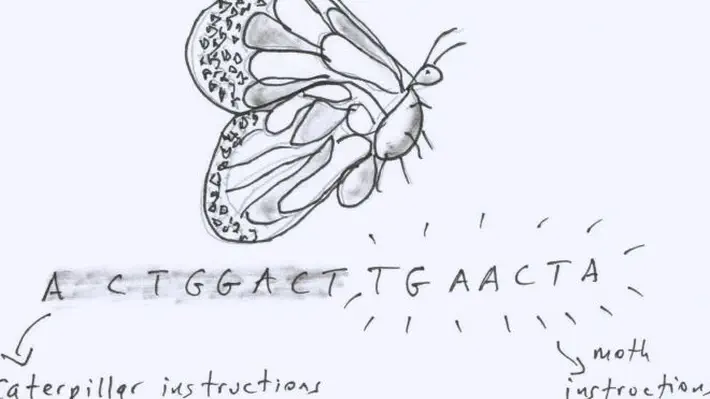 NPR
NPRAre Butterflies Two Different Animals in One? The Death And Resurrection Theory
Here's a dangerous, crazy thought from an otherwise sober (and very eminent) biologist, Bernd Heinrich. He's thinking about moths and butterflies, and how they radically change shape as they grow, from little wormy, caterpillar critters to airborne beauties. Why, he wondered, do these flying animals begin their lives as wingless, crawling worms? Baby ducks have wings. Baby bats have wings. Why not baby butterflies?
 NPR
NPRCan Scientific Belief Go Too Far?
Can scientists have too much faith, insisting that an idea is right despite contrary evidence? Commentator Marcelo Gleiser says yes, which could pay off in the end — or be a colossal waste of time.
 NPR
NPRThat's So Random: The Evolution Of An Odd Word
NPR's Neda Ulaby investigates the etymology of random, a word comedian Spencer Thompson calls "the most misused ... of our generation." It turns out that Thompson's frustration is a bit misplaced — random has been around for a long time.
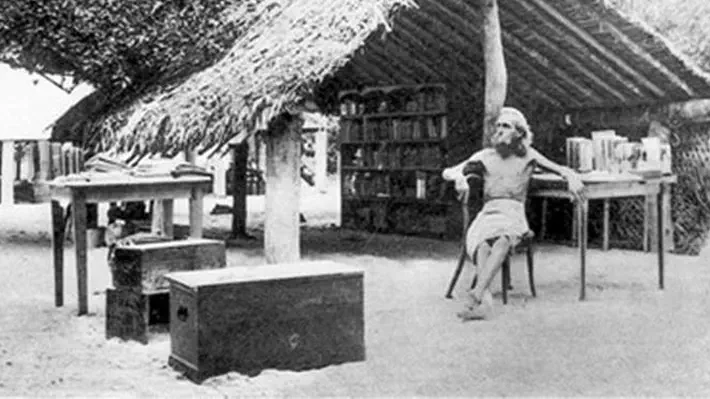 NPR
NPRDeath By Coconut: A Story Of Food Obsession Gone Too Far
August Engelhardt believed coconuts were a nutritional and spiritual panacea. So in 1902, he sailed to the South Pacific to start a utopian cult that survived only on the fruit of Cocos nucifera.
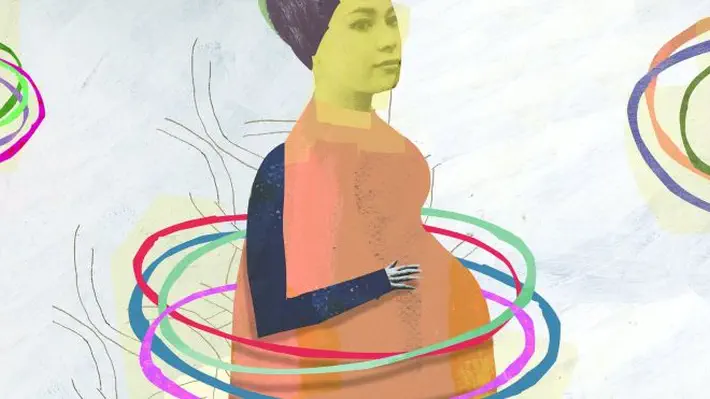 NPR
NPRCan Mental Illness Be Prevented In The Womb?
Researchers are exploring changes in prenatal nutrition to lower risks for future mental disorders. The work is preliminary, but there is ample precedent for maternal diet affecting children's health.
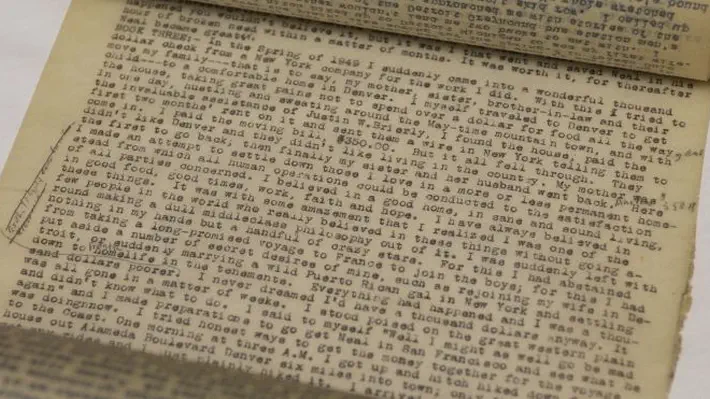 NPR
NPRLong-Lost Letter That Inspired 'On The Road' Style Has Been Found
Known as the “Joan Anderson letter.”, it was missing for 65 years, but it has been found and will be auctioned next month.
 NPR
NPRCrime Lab Scandal Leaves Mass. Legal System In Turmoil
A scandal in a Massachusetts crime lab continues to reverberate throughout the state's legal system. Several months ago, Annie Dookhan, a former chemist in a state crime lab, told police that she messed up big time. Dookhan now stands accused of falsifying test results in as many as 34,000 cases.
 NPR
NPRIn Almost Every European Country, Bikes Are Outselling New Cars
We know that Europeans love their bicycles — think Amsterdam or Paris. Denmark even has highways specifically for cyclists. Indeed, earlier this month, NPR's Lauren Frayer reported that Spain, which has long had a love affair with cars, is embracing the bicycle: For the first time on record, Lauren noted, bicycles outsold cars in the country.
 NPR
NPRNew Clock May End Time As We Know It
Scientists working to create the perfect atomic clock have a fundamental problem: Right now, on the ceiling, time is passing just a bit faster than it is on the floor.
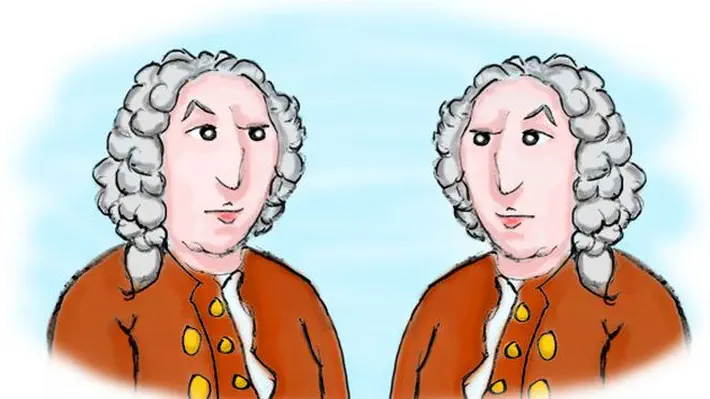 NPR
NPRWhen You're Visited By A Copy Of Yourself, Stay Calm
You're born, live and die with one body. One is all you get. But some people, says neurologist Oliver Sacks, occasionally get another one; it's an illusion, a hallucination, but it follows you around, copying everything you do. It looks like it's keeping you company. But it's not.
